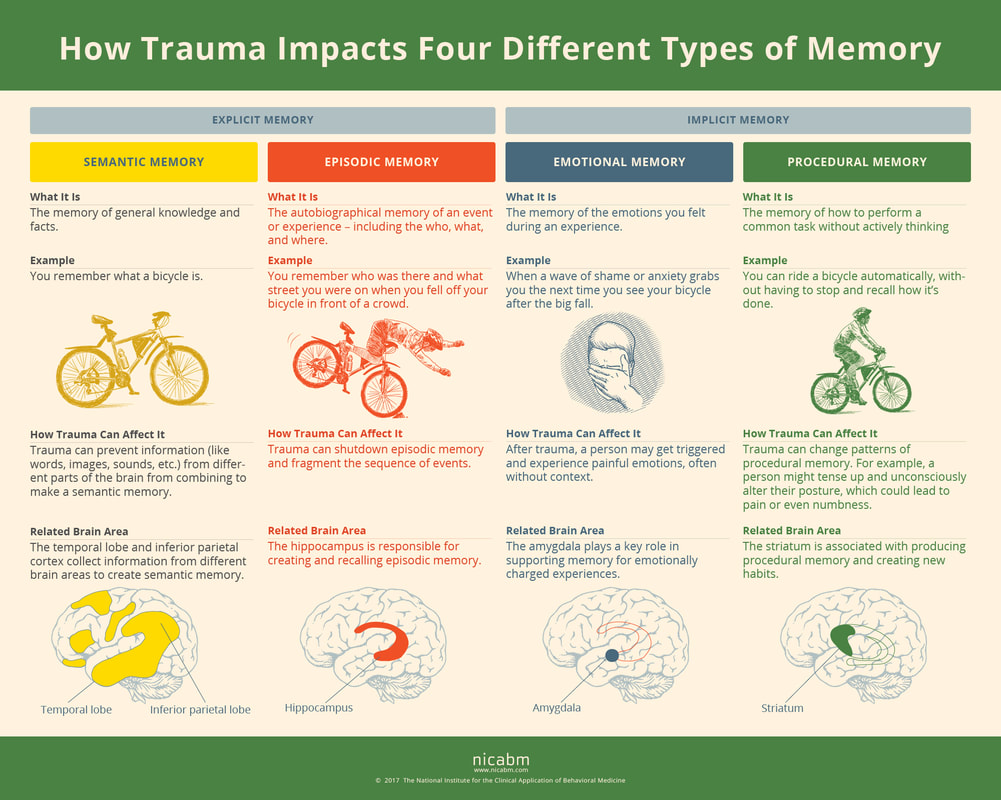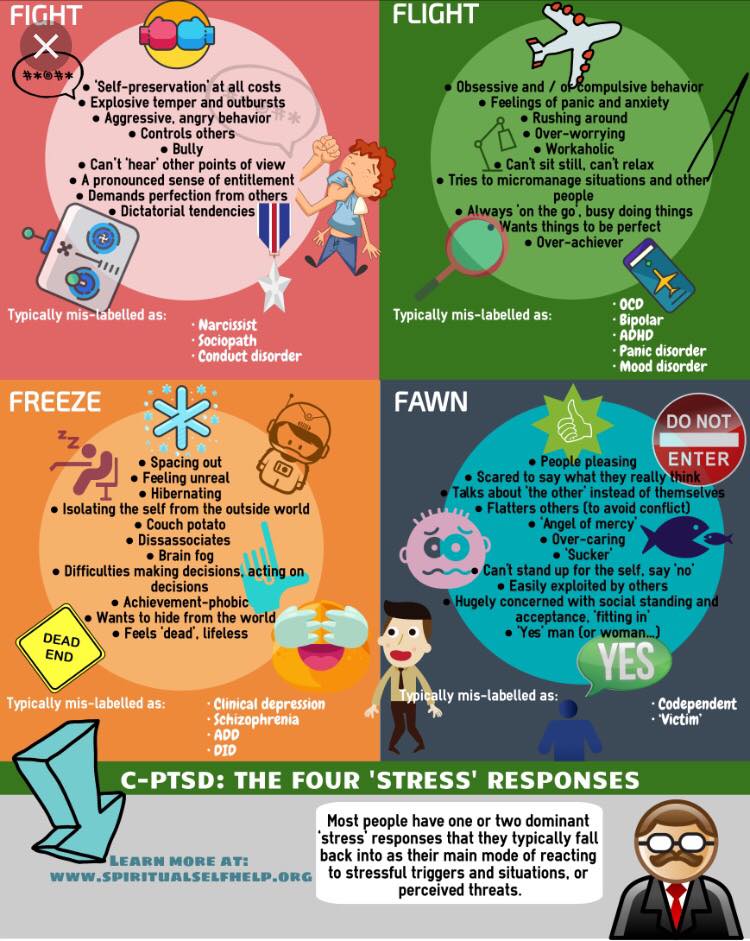|
Parents do not always talk to their children about body safety early enough. I have heard all sorts of reasons why this does not happen. They are too young. I keep an eye on them. They won’t understand. It is a scary topic. It won’t happen to me. We live in a good neighborhood.
Talk to your children. It is never too soon. It doesn’t have to be a scary conversation. Don’t wait another day. Start these conversations today. Here are the 10 most important areas to cover: 1. Talk about body parts early Name body parts and talk about them early – very early. Use proper names for body parts – or at least teach your children what the actual words are for their body parts. I can’t tell you how many young children I have worked with who have called their vagina their “bottom” and other various names. If children need to make a disclosure of abuse – this can make their story confusing. 2. Teach them that body parts are private Tell your children that their private parts are called private because their private parts are not for everyone to see. Explain that mommy and daddy can see them naked, but people outside of the home should only see them with their clothes on. Explain how their doctor can see them without their clothes because mommy and daddy are there with them and the doctor is checking their body. 3. Teach your children body boundaries Tell your children matter-of-factly that no one should touch their private parts and that no one should ask them to touch somebody else’s private parts. Parents will often forget the second part of this sentence. Sexual abuse often begins with the perpetrator asking the child to touch them or someone else. 4. Tell your children that body secrets are not okay Most perpetrators will tell children to keep the abuse a secret. This can be done in a friendly way such as, “I love playing with you, but if you tell anyone else what we played they won’t let me come over again” or as a threat – “This is our secret. If you tell anyone I will tell them it was your idea and you will get in big trouble!” Tell your children that no matter what anyone tells them, body secrets are not okay. Let your children know that they should always tell you if someone makes them keep a body secret. 5. Tell your children that no one should take pictures of their private parts or show them pictures of private parts. This one is often missed by parents. There is a whole sick world out there of pedaphiles who love to take and trade pictures of naked children online. This is an epidemic and it puts your children at risk. If you only talk about body safety you might be missing a risk factor. Tell your children that no one should ever take pictures of their private parts. Also pedaphiles like to groom children by showing them pornographic pictures. This is their way of “normalizing” the abusive behavior. Let your children know that no one should be showing them pictures of other people’s private parts. 6. Teach your children how to get out of scary or uncomfortable situations Some children are uncomfortable with telling people “No” – especially older peers or adults. Help give them excuses to get out of uncomfortable situations. Tell your children that if someone wants to see or touch private parts they can lie to them and tell them they need to leave to go to the bathroom. 7. Have a code word your children can use when they feel unsafe or want to be picked up As children get a little bit older, you can give them a code word that they can use when they are feeling unsafe. This can be used at home, when there are guests in the house or when they are on a playdate or a sleepover. 8. Tell your children they will never be in trouble if they tell you a body secret Children often tell me that they didn’t say anything because they thought they would get in trouble too. This is often reiterated by the perpetrator. Tell your children that no matter what happens – when they tell you anything about body safety or body secrets they will NEVER get in trouble. 9. Tell your children that a body touch might tickle or feel good Many parents and books talk about “good touch – bad touch” – but usually these touches do not hurt or feel bad. Try and stay away from these phrases, as it can confuse children that are “tickled” in their private parts. I prefer the term “secret touch” – as it is a more accurate depiction of what might happen. 10. Tell your children that even if they know someone or even if it is another child – these rules are the same This is an important point to discuss with your children. When you ask young children what a “bad guy” looks like they will most likely describe a cartoonish villain. Be sure to mention to your children that no one can touch their private parts. You can say something like, “No one should touch your private parts. Mommy and daddy might touch you when we are cleaning you or if you need cream – but no one else should touch you there. Not friends, not aunts or uncles, not teachers or coaches – no one. Even if you like them or think they are in charge, they should still not touch your private parts.” I am not naïve enough to believe that these discussions will absolutely prevent sexual abuse, but I know that children are at a much greater risk without these talks. knowledge is a powerful deterrent to childhood sexual abuse – especially with young children who are targeted due to their innocence and ignorance in this area. Have these discussions often. One discussion is not enough. This is a topic that should be revisited again and again. Find natural times to reiterate these messages – such as bath time or when they are running around naked. This article was written by Natasha Daniels. |
AuthorI specialize in working with children, adolescents, and families. I am one of the few Certified Play Therapists in Toronto; am a Certified Trauma Assessor; and am an EMDR Therapist. Archives
February 2023
Categories |
Home
resources
Proudly powered by Weebly


 RSS Feed
RSS Feed